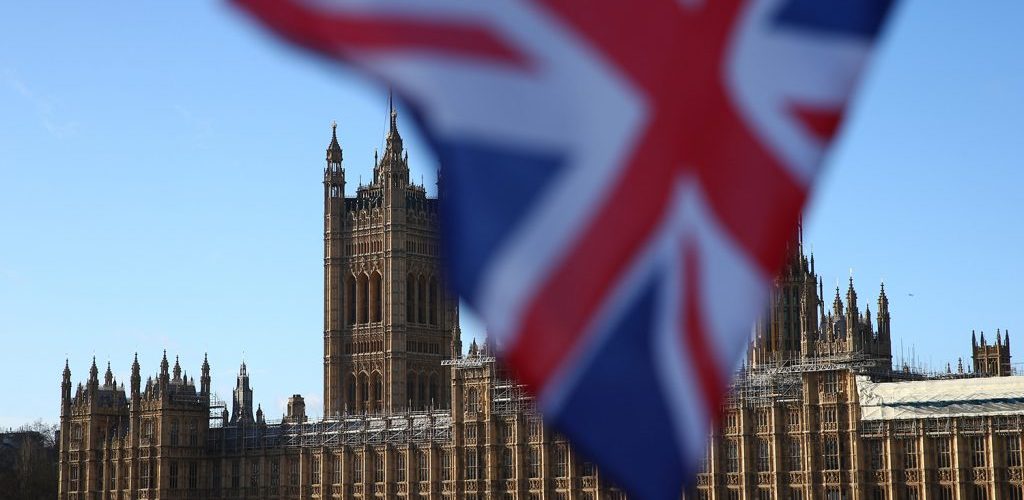International students who are studying in the UK should reconsider their Christmas or New Year’s plans. Following an alarming rise in Covid-19 cases caused by the Omicron variant, the UK has imposed travel restrictions for those entering and leaving the country.
According to the BBC, the number of confirmed daily cases in the UK was 91,743 on December 20. The Mayor of London City confirmed that London has the highest number of cases in the UK. International students should be extra cautious and keep up to date on the latest Omicron-related UK travel restrictions. Some major points to be considered include:
Leaving and Entering Campus
Check your campus’s policies on leaving and returning after the holidays before you leave. The educational institution may have its own policies and guidelines in place for students in the run-up to Christmas and New Year’s. Restrictions on travel on re-entry to the UK may affect your return if you are going abroad. Check out the UK Council for International Student Affairs’ list for more information on travelling as an international student in the UK.
UK Travel Restrictions: For Travellers from Asian Countries
India
According to The Telegraph, if you’re an Indian student returning home for the winter break, you’ll have to be tested at the airport for Covid-19 and quarantined at home for seven days. On day eight, you will need to take another test and self-monitor if there are any symptoms for the next seven days. The length of your stay with family members will be affected by the quarantine period, so international travellers should plan ahead of time.
Hongkong
The United Kingdom has been added to Hong Kong’s list of “high-risk places,” and only fully vaccinated visitors are allowed to enter. The visitors who have visited the UK or are arriving from high-risk countries within the last 21 days will be denied entry.
Moreover, there is a catch for successful applicants: you must undergo a 21-day quarantine at an assigned hotel, as well as an additional seven days of self-monitoring.
China and Japan
Throughout the pandemic, few countries have had as strict border policies as China and Japan. Both countries remain closed to all international visitors. Entry is permitted for Japanese citizens and residents, but they must quarantine in specified establishments. With the exception of certain business or diplomatic visitors, China remains closed to most foreign nationals.
Several EU Nations Have Red-Listed UK
France
France has effectively banned UK visitors, according to The Telegraph. Residents of France and those with a “compelling reason” from the United Kingdom will be permitted entry beginning at 11 p.m. on December 17.
Ski enthusiasts are disappointed who have been looking forward to the start of the ski season in the Alps. However, this hasn’t prevented UK travellers from making last-minute purchases: flight, ferry, and Eurostar bookings were all sold out following the French government’s announcement on Thursday.
Germany
Germany has followed the plan of action as that of France. According to the BBC, as of December 19, only German nationals and UK residents are permitted entry. Travellers, whether vaccinated or not, must produce a negative test and undergo a two-week quarantine.
Italy and Greece
According to CNN, all visitors to Italy and Greece will be required to produce a negative Covid-19 test prior to arrival. It is mandatory to undertake a PCR test within 48 hours of arrival in Italy, whereas fully vaccinated travellers can opt for an antigen test no later than 24 hours before departure.
Visitors to Greece must have a negative PCR test before departure and that should have been taken no later than 48 hours.
Portugal
According to CNN, Portugal has made mandatory testing for all air travellers, while Denmark and Norway have implemented new travel restrictions to slow infection rates. Remember to remain cautious and follow safe Covid-19 protocols wherever you choose to spend your holidays. Purchasing your own self-test kit is also a good idea.
Read all the Latest News here. Follow us on Facebook, Twitter, Instagram, and LinkedIn.


















Add comment